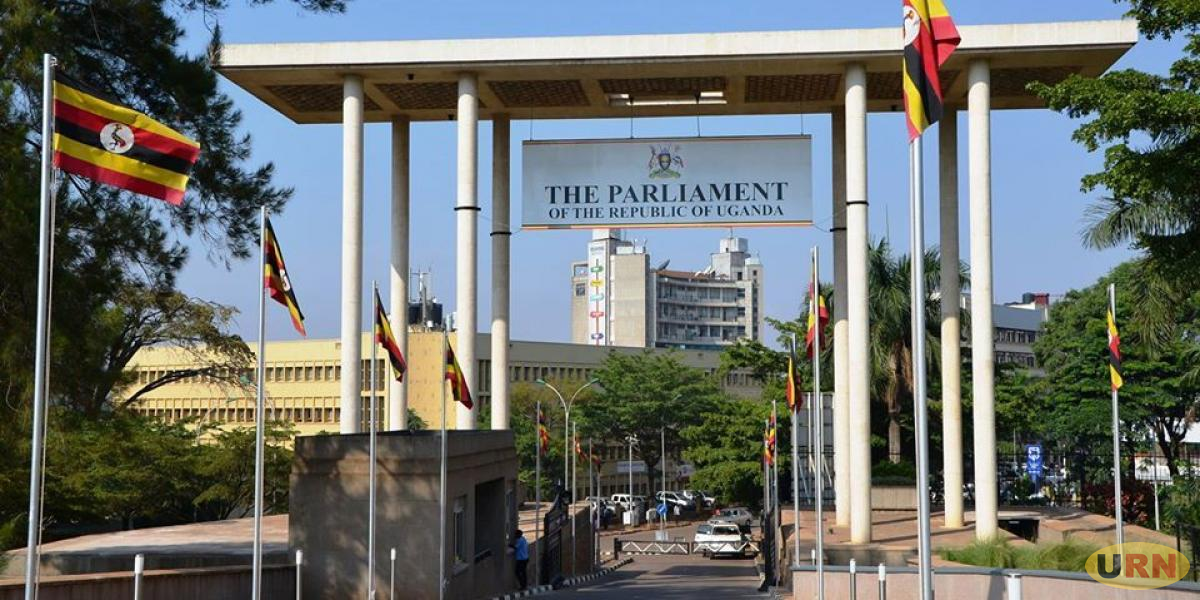The amended Computer Misuse Bill is a step backwards in the struggle for transparent and democratic governance in the country, according to Human Rights Activists and Lawyers. They say the law is intended to gag freedom of expression and freedom of the media, which are provided for under article 29 of Uganda’s constitution.
On September 19th, 2022, parliament recently approved amendments to the Computer Misuse Act introducing the prohibition of unauthorized access or interception, by any person, of any program of another person’s data or information. It also prohibits voice or video recording of another person without authorization or sharing any information about or that relates to another person without their authorization.
The bill further prohibits any person from writing, sending, or sharing any information through a computer that is likely to ridicule, degrade or demean another person, group of persons, tribe, ethnicity, religion, or gender among other provisions.
The Kampala Central Member of Parliament, Muhammad Nsereko who moved the bill, says that the amendments seek to enhance the provisions of unauthorized access to any information or data and prohibit the sending and sharing of information that promotes hate speech or sending or sharing false malicious and unsolicited information among others.
But Mustafa Nyanzi, the president of the Muslim Center for Justice and Law, says that the amendments are detrimental to the realization of media freedom in the country. He says the framers of the constitution didn’t detail what media is in Article 29 but they did it intentionally to preserve freedom of speech and Media.
He says the provision prohibiting unsolicited information is toxic because, with the advancement of technology, people receive notifications and messages through WhatsApp groups, and adverts meant to promote people’s business and all this is criminalized.
Nyanzi says that this amendment if assented to by the president should be challenged in courts of law by anyone including media practitioners who care about freedom of expression and media freedoms.
Nsereko mooted the proposed amendments when he came under attack from social media users when he accused Turkish blogger Fred Lumbuye of wishing him and other MPs dead if Uganda is to be free and peaceful.
Counsel Morgan Muhindo from Kiiza and Mugisha Advocates also says that the amendments are intended to cripple social media users. He referred to government efforts to regulate online media starting with the requirement to register bloggers and the Over the Top tax-OTT, which had been levied on social media users both of which have failed. He says that such provisions that seem to criminalize social media use in Uganda can be used to target people with dissenting views from those of the government.
“We have had our own history of abusing laws, so when you have such kind of a law that is imprecise, it’s going to be susceptible to abuse like we have seen the POMA (Public Order Management Act) the initiators of the law defended it that it is clear but at the end of the day, so how it was too wide that it even covered the things that the lawmakers did not anticipate,” said Muhindo.
He says that the provisions of the amended law that prevent people from accessing and sharing information without the consent of the owners of the information shall affect the ability of the public to hold their leaders both in political office and the civil service accountable since they cannot share information.
He adds that online media has been the easiest way for several Ugandans to hold their leaders accountable and sometimes interact with them on matters that affect them by sending them messages on platforms like Twitter even when the leaders haven’t asked for such information. “Social media itself and the Internet decentralizes media, it gives power to the people that whoever has a laptop, a phone and internet can make any comment against any leader wherever they are, different from previous when it was very difficult for a person like me to for instance engage the president. I would have to go through print media with editors who would have to check whether my comment can pass or not. At the moment, I can make any comment and tag the president.” added Muhindo
Allan Kigozi Sempala, the head of the legal affairs department at Unwanted Witness, a civil society organization that promotes cyber rights also holds similar sentiments. Sempala says the law is disastrous to citizen journalism, freedom of speech, and Media.
He says the amendment if assented to by the president adds to the pool of other laws like POMA, Interception of Communications Act, NGO Act, and Data Protection and Privacy Act, which are intended to control freedom of expression rather than regulate it.
Sempala further says that the law is likely to be used by those in power to stifle opposition voices and efforts by the general public to hold their leaders accountable.
He adds that there seems to be no imminent problem that the law seeks to cure but rather a tool to silence dissenting voices. He says that the Act is not clear and is likely to fail in courts of law. Previously, people Activist Dr. Stella Nyanzi was charged under the Computer Misuse Act but was later acquitted because the state couldn’t prove that she was the one who painted the messages challenged on social media and that she was in Uganda at the time she posted the message.
The amendment shall be sent to the president to assent to the bill and if he does, it shall then be gazetted and operationalized.
–URN





